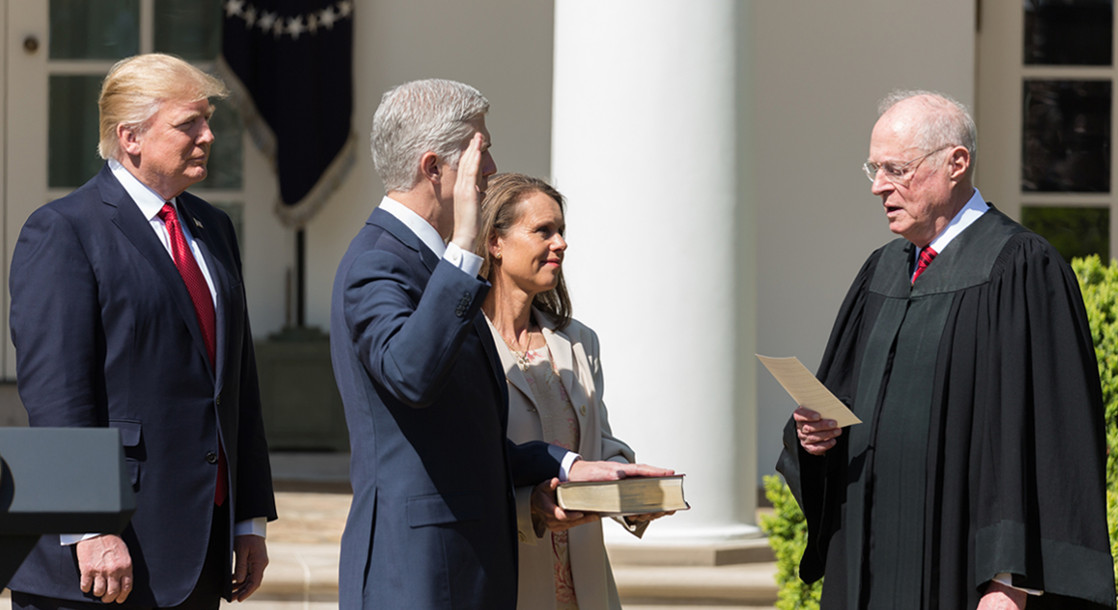Last year, residents of Michigan voted to legalize cannabis, putting an end to decades of unequally enforced marijuana prohibition. The new adult-use law will stop local police from imprisoning anyone for using or possessing the natural plant. But for thousands of people who were put behind bars during the War on Drugs, it provides little recourse.
Michael Thompson is a prime example proving that cannabis-related social justice needs to be retroactive and not solely future-focused. Thompson is currently serving a 40- to 60-year sentence for selling three pounds of weed to a police informant back in 1994. The 68-year-old has already served 25 years of his sentence, during which his father, mother, and son have all died.
Thompson’s sentence is especially long because police discovered several guns on his property. Although gun ownership is legal in Michigan — and police did not find a gun on Thompson when he was caught selling weed — prosecutors used his gun ownership to paint him as a violent criminal. Extreme sentences were also very popular in the ’90s, a time in which federal and state lawmakers pushed “tough-on-crime” legislation, like mandatory minimum sentences and repeat-offender laws.
During his 25-year stay in prison, Thompson’s record has remained clear of any incidents. “I’ve only observed Thompson as respectful towards the officers and other inmates,” his morning correctional officer wrote, according to the Intercept. His night correctional officer wrote a similar report, noting that Thompson was “always respectful, has good communications skills, stays out of trouble, gets along with all staff, and prisoners.”
Still, even though his behavior in prison has been exemplary, and even though cannabis is now legal in Michigan, Thompson may languish behind bars for another 15 to 35 years.
“He has already served a quarter of a century for pot — that in itself is a crime,” said Amy Povah, an advocate for the CAN-DO Foundation for Clemency. “The fact he owned guns that were unrelated to the underlying crime should not disqualify Thompson from receiving a commutation. President Obama granted [commutations to] over 145 men who were charged as felons in possession of a firearm in addition to their drug charges. No one that was released by President Obama for gun charges has reoffended, that we know of.”
Last year, Thompson applied to former Gov. Rick Snyder to have his sentence commuted, but his request was denied without explanation. Next year, Thompson is eligible to submit another commutation request, which may have a greater shot at success. Michigan’s new governor, Gretchen Whitmer, cited social justice as one of her top priorities when campaigning for office, and therefore might be open to reducing excessive prison sentences handed out during the height of the War on Drugs.
Although Thompson must wait until January of 2020 to file his next commutation request, Gov. Whitmer has the power to pardon him at any time. The governor has not yet revealed if or when she will consider pardons or commutations, however.
“I can’t speculate on what might happen regarding commutations during the governor’s term, as this will all be determined on a case-by-case base,” a spokesperson for the governor’s office told The Intercept.











